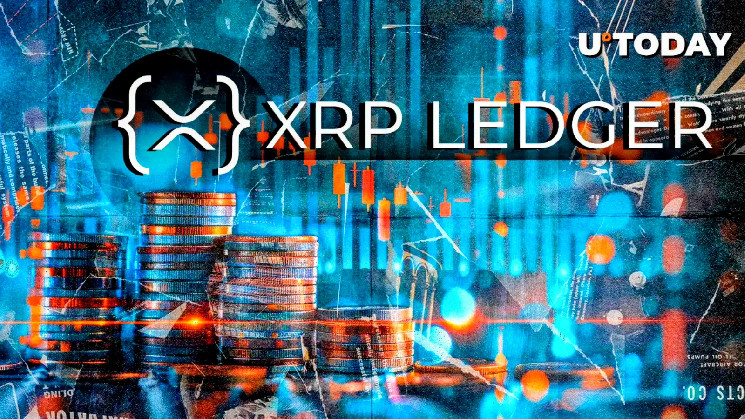[ad_1]
XRP Ledger has introduced a significant update with the release of version 2.3.0 of its reference server implementation, rippled. This major release brings a host of new features and improvements aimed at enhancing the functionality and stability of the XRP Ledger.
In an XRPL official blog post, it was announced that version 2.3.0 of rippled, the reference server implementation of the XRP Ledger protocol, is now available. This release contains eight new amendments, including Multi-Purpose Tokens (MPTs), Credentials, Clawback support for AMMs and the ability to make offers as part of minting NFTs. Also, this release includes important fixes for stability, making it important for server operators to upgrade their nodes.
As stated in the blog, the new amendments are now open for voting via the XRP Ledger’s amendment process, which allows protocol changes after two weeks of more than 80% support from trusted validators. Protocol changes take effect at the exact time determined by the network’s voting outcomes.
New amendments
These new amendments include XLS-70 Credentials, which add the ability to issue Credentials on the ledger and utilize them to preapprove incoming payments when utilizing deposit authorization rather than individually approving payers.
The XLS-33 amendment (Multi-Purpose Tokens) introduces a new type of fungible token designed for institutional DeFi, including stablecoins. XLS-37 AMM Clawback allows clawback-enabled tokens to be utilized in AMMs with appropriate guardrails, while XLS-52 NFTokenMintOffer allows the creation of an NFT sell offer as part of the minting process for a new NFT.
The “fixAMMv1_2” fixes two bugs in automated market maker (AMM) transaction processing, whereas “fixNFTokenPageLinks” fixes an issue that might cause missing links in NFT directories and adds a transaction to fix the corrupted ledger state.
The “fixEnforceNFTokenTrustline” fixes two bugs in the interaction between NFT offers and trust lines, while “fixInnerObjTemplate2” standardizes the way inner objects are enforced across all transaction and ledger data.
The amendment “InvariantsV1_1,” which adds new invariants to guarantee that transactions process correctly, has been partially implemented but is not yet open for voting.
[ad_2]

